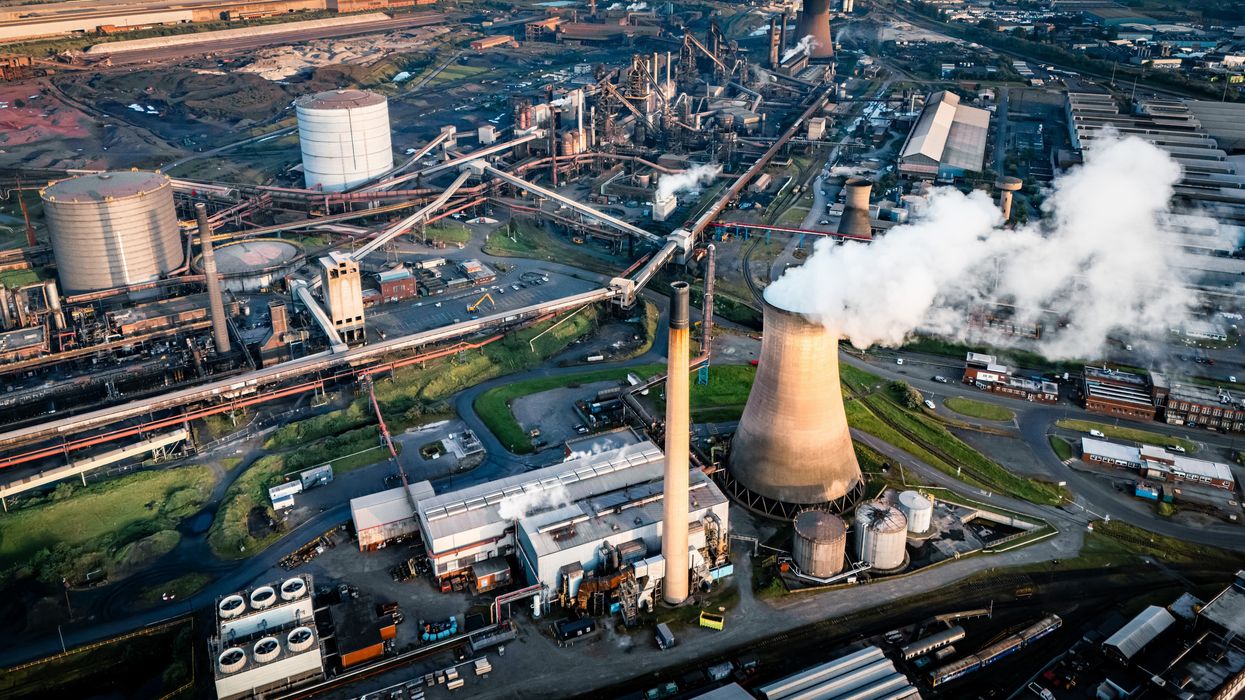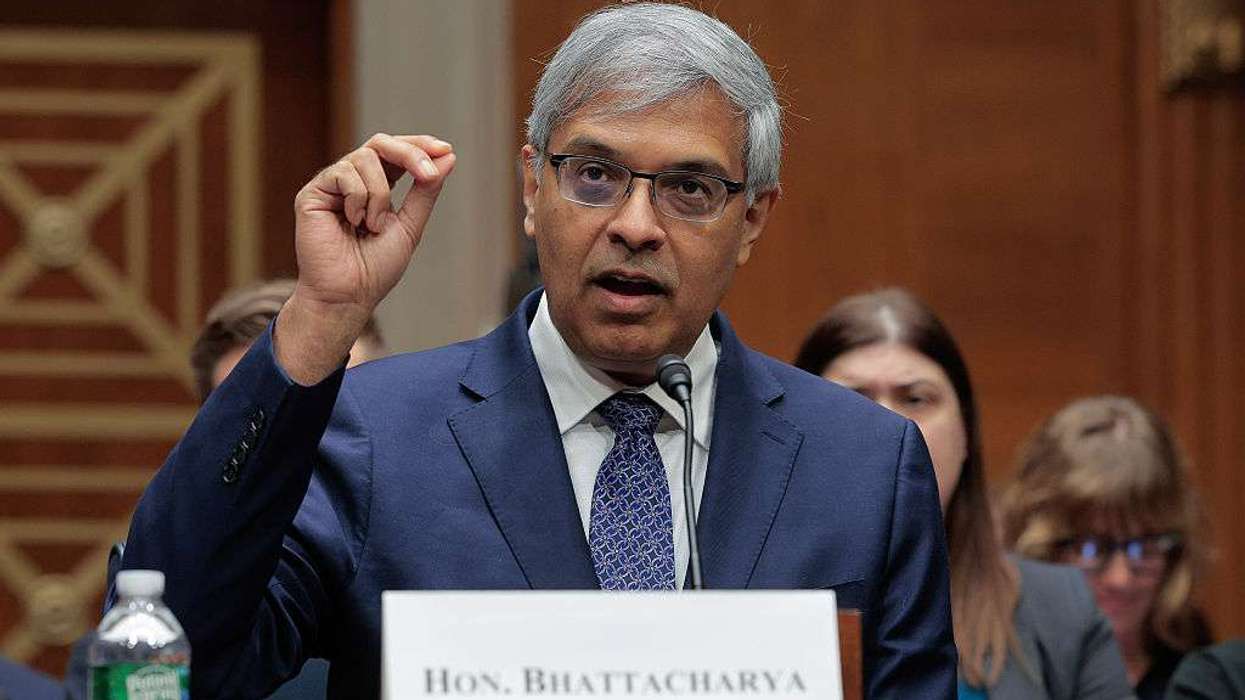BRITISH STEEL, owned by Chinese group Jingye, confirmed on Thursday that it will shut down its blast furnaces and steelmaking operations in England, attributing the decision to market challenges, tariffs, and rising environmental costs.
The closures, first proposed in late 2023, could lead to the loss of up to 2,700 jobs at the company’s main UK site in Scunthorpe, northern England, according to sources familiar with the matter.
In a statement, the company said, “The blast furnaces and steelmaking operations are no longer financially sustainable due to highly challenging market conditions, the imposition of tariffs, and higher environmental costs relating to the production of high-carbon steel.”
British Steel currently employs about 3,500 staff in the UK. It stated that it would "consult on the closure of its two blast furnaces, steelmaking operations, and a reduction of steel rolling mill capacity in Scunthorpe."
Government negotiations
Former US president Donald Trump had imposed a 25 per cent tariff on steel imports, a move that added pressure to Europe’s struggling steel industry, which faces stiff competition from Asia.
Britain exports about 10 per cent of its steel production to the US.
British Steel said it had been unable to reach an agreement with the UK government on financial support to mitigate the impact of the closures and transition from coal-powered blast furnaces to electric arc furnace (EAF) technology, which produces lower-carbon steel.
Minister for Industry Sarah Jones told parliament, “It is regrettable” that British Steel rejected an offer from the Labour government.
Sources said the government’s proposal was worth £500 million, while the required total investment was estimated to be over £2 billion.
Business Secretary Jonathan Reynolds said discussions with the company’s Chinese owners were ongoing. “I know this will be a deeply worrying time for staff, and while this is British Steel’s decision, we will continue working tirelessly to reach an agreement with the company’s owners to secure its future and protect taxpayers' money,” he said.
Prime minister Keir Starmer recently announced £2.5 billion in support for the steel sector. “We’ll be publishing a plan for steel, setting out how we achieve a sustainable future for the industry and local communities,” his spokesperson said.
Roy Rickhuss, general secretary of the Community union, called the announcement “a dark day for our steel industry and for our country.”
He added, “Crucially, Jingye have not ruled out retaining the blast furnaces during a transition to low-carbon steelmaking if they can secure the backing of the government.”
(With inputs from AFP)




